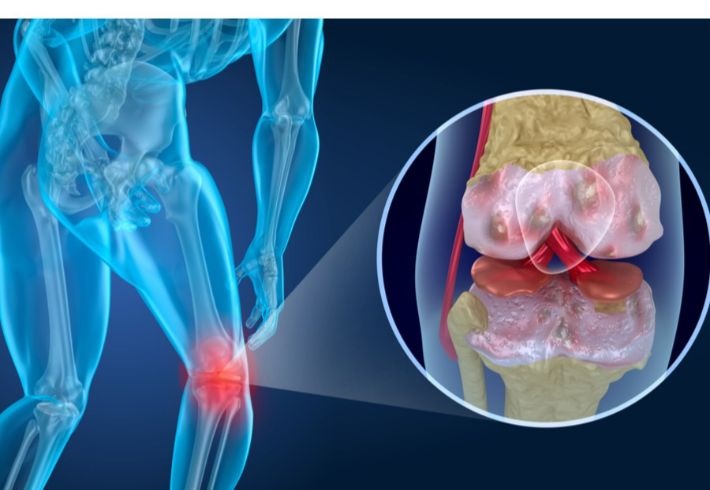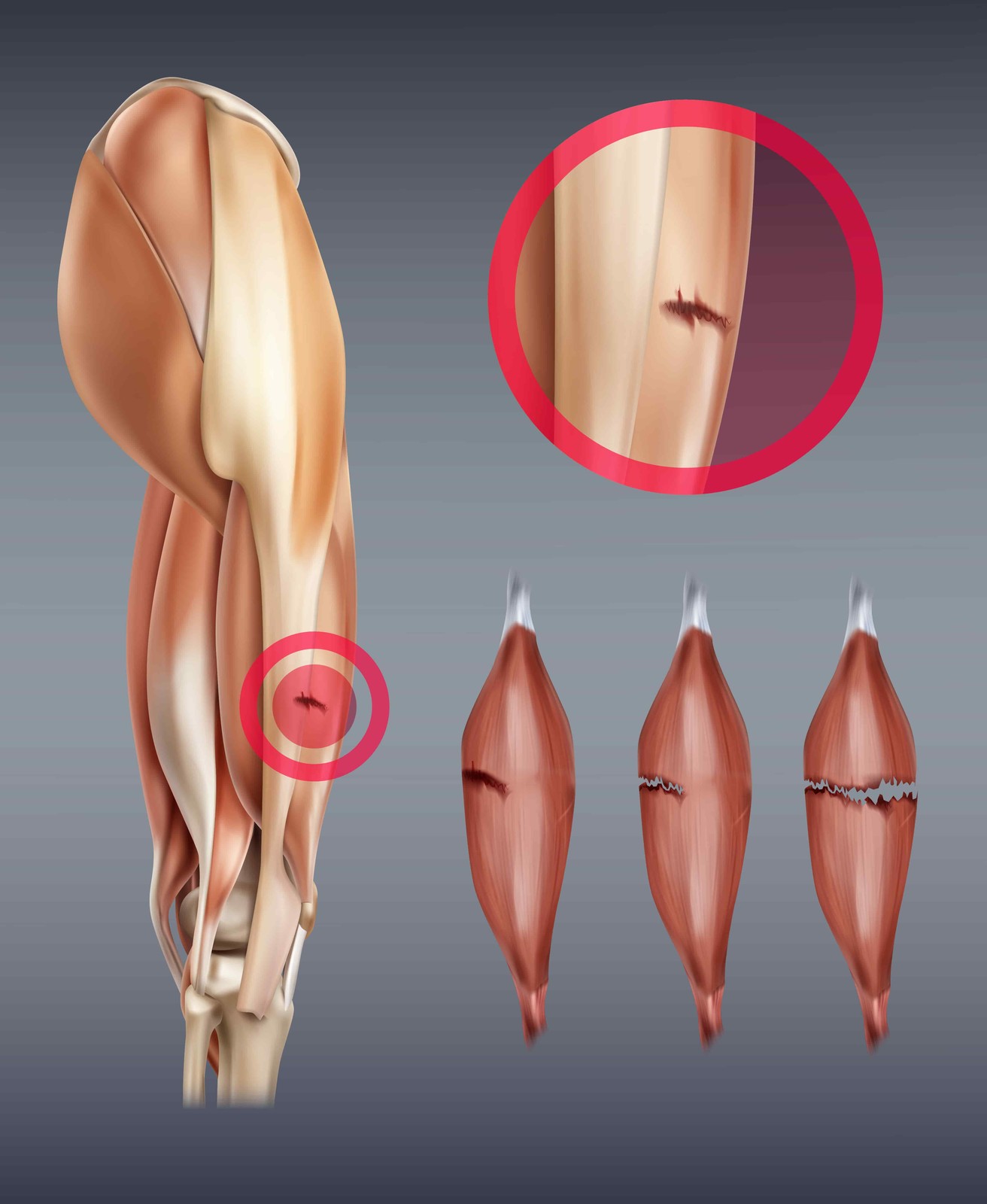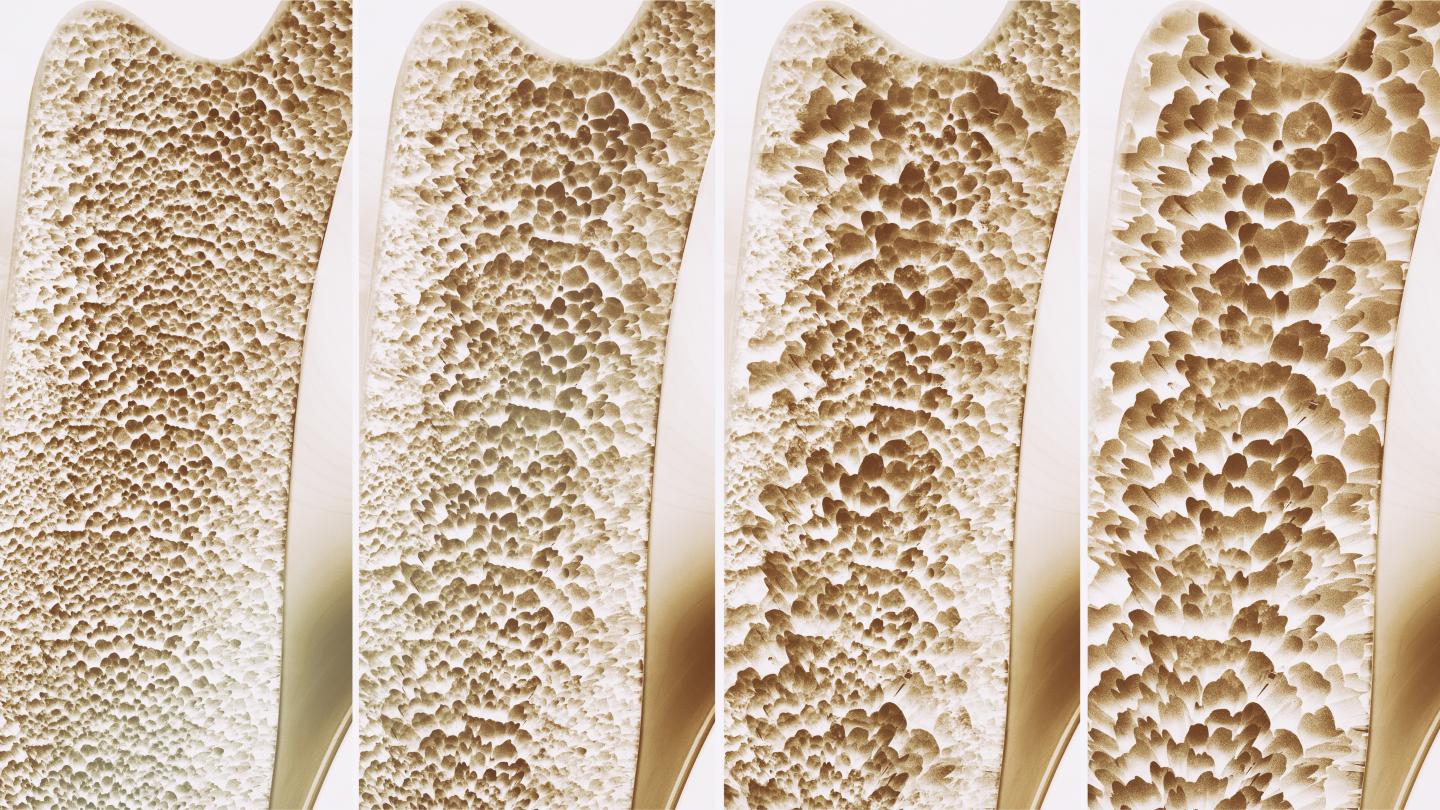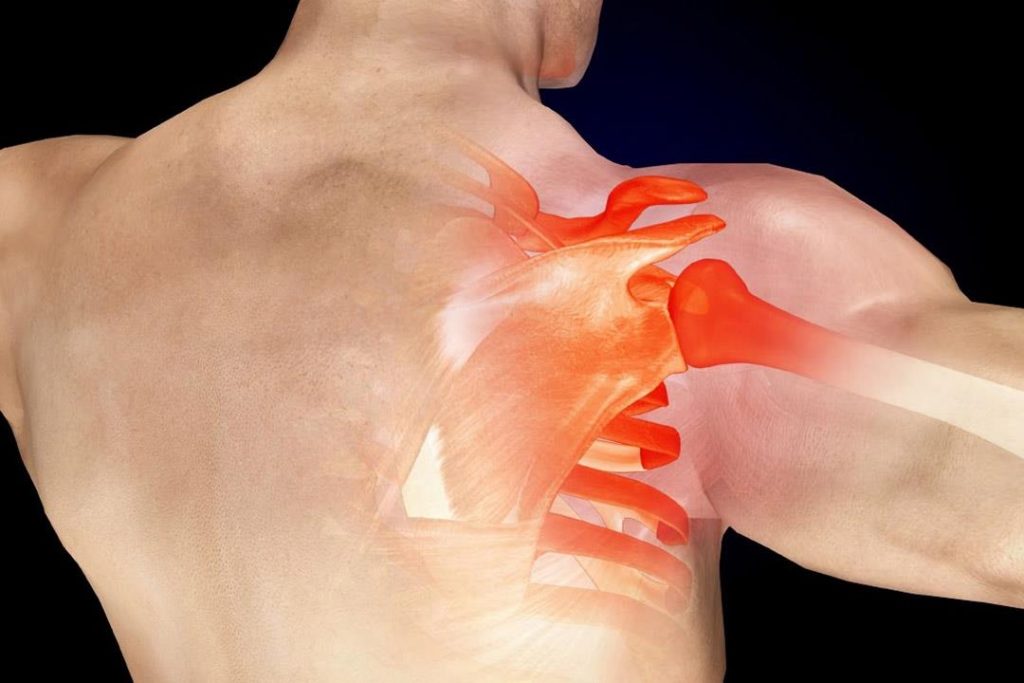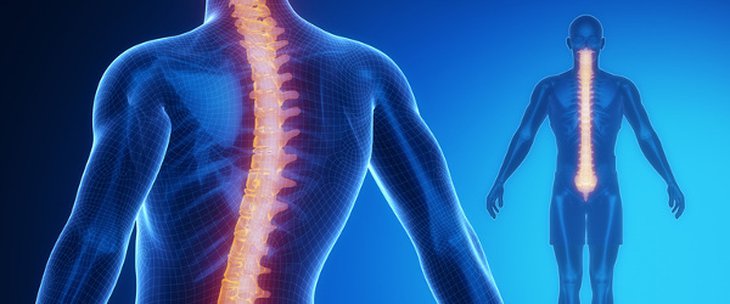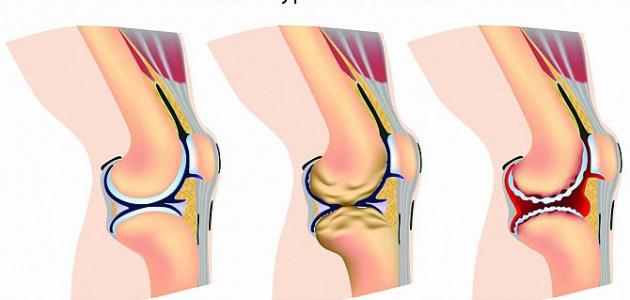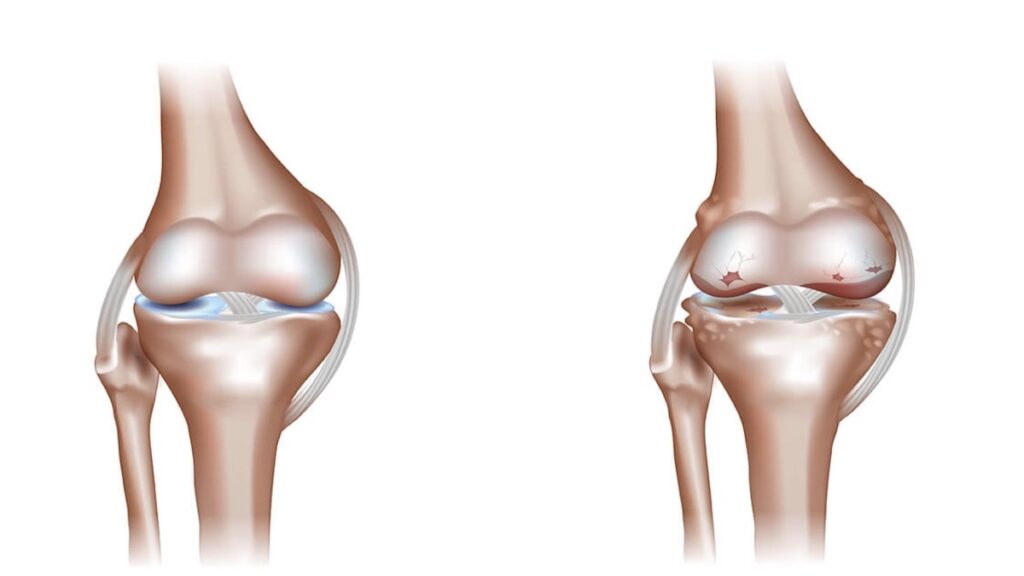Shoulder Pain: Causes and How to Get Rid of It
Shoulder Pain
Shoulder pain is a common condition that many people experience. The pain in the shoulders can result from various different causes, and it’s important to identify these causes and how to treat them.
One common cause of shoulder pain is shoulder impingement syndrome, which occurs when tendons and muscles become repeatedly trapped and rub against the bone above them. This can cause sharp and recurrent pain. Some people also suffer from frozen shoulder syndrome, which causes pain and stiffness in the shoulder and limits its movement.
There are also other diseases that can cause shoulder pain. Right shoulder pain may be due to conditions like liver, heart, or gallbladder problems. While pain in the left upper shoulder blade may be related to stomach or intestinal issues.
Excessive stress on the shoulder muscles can also lead to shoulder pain. This stress can occur due to continuous joint movement, exercise, or frequent computer use. Some types of cancer can also cause shoulder pain, especially in the right shoulder when the cancer spreads to the bone.
Shoulder pain can be treated in several ways. Oral or topical medications are available over-the-counter to alleviate pain. Cold or hot compresses can also help relieve pain. If the pain is severe or persistent, it is advisable to visit a doctor for necessary examinations.
Treatment methods for shoulder pain vary depending on the underlying cause. In the case of frozen shoulder, physical therapy exercises can improve shoulder movement and reduce pain. Some people may require surgery to treat shoulder impingement syndrome or repair torn tendons.
In general, preventing shoulder pain involves avoiding excessive stress on the shoulder and exercising correctly. It’s also important to maintain good posture while using computers or during daily work.
In conclusion, shoulder pain should be taken seriously, and the appropriate treatment should be sought. Consulting a doctor is necessary for diagnosing the condition and determining the appropriate treatment for each individual case.
What Causes Severe Shoulder Pain?
Shoulder pain is a common issue that can affect people of all ages, causing discomfort and impacting their daily lives. While it can sometimes be mild and temporary, in other cases, it can be severe and persistent, affecting a person’s ability to perform regular daily activities.
There are several potential causes of severe shoulder pain, including:
- Rotator Cuff Tendinitis: Rotator cuff tendinitis is one of the primary causes of shoulder pain. It occurs due to the constant tension on the tendons surrounding the shoulder, leading to inflammation and damage. Pain may worsen during sleep or when engaging in activities that require shoulder use.
- Tendon Tear: Tears in the tendons surrounding the shoulder can occur due to excessive stress or direct injury. Severe pain may be present when there is a significant tear in the tendons, and surgical treatment may be necessary in some cases.
- Frozen Shoulder: Frozen shoulder is a condition that affects the shoulder joint, causing pain and stiffness. It results from the formation of adhesions in the joint, restricting shoulder movement and causing severe pain.
- Muscle Strain: Severe shoulder pain can result from muscle strain due to continuous joint movement, sports activities, or frequent computer use. Muscle strain can lead to fiber tears and tendon irritation, causing severe pain.
- Internal Organ-Related Diseases: Shoulder pain may also be caused by certain diseases related to internal organs such as the liver, heart, or gallbladder. People may feel pain in the right shoulder when there are issues with these organs, while pain in the left upper shoulder blade from the back may result from stomach or intestinal problems.
To alleviate shoulder pain, over-the-counter oral or topical pain-relieving medications can be used. These medications are available at pharmacies without a prescription. Additionally, cold or hot compresses can help relieve pain. If the pain is severe or persistent, it is advisable to visit a doctor for necessary examinations to determine the underlying cause and prescribe appropriate treatment.
In summary, severe shoulder pain can result from several potential causes, including tendinitis, tendon tears, frozen shoulder, muscle strain, and diseases related to internal organs. It is recommended to consult a doctor for a proper diagnosis.
When Is Shoulder Pain Considered Serious?
When it comes to shoulder pain, it can be challenging to determine when the pain is severe and requires immediate medical attention. However, there are some signs that may indicate a serious condition and warrant prompt medical care.
Firstly, if you experience severe shoulder pain that gradually worsens and does not respond to usual home treatments, this could be a sign of a serious condition, and you should consult a doctor immediately.
Secondly, if there is significant swelling and redness in the shoulders, this could be a sign of a serious inflammation or shoulder injury, and you should seek medical evaluation.
Thirdly, if you have difficulty moving your shoulders and experience sharp pain when attempting to do so, this may indicate injuries to ligaments, muscles, or joints, and you should visit a doctor for diagnosis and appropriate treatment.
Fourthly, if you have shoulder pain following a strong injury or accident, there may be fractures or tears in bones or ligaments, requiring immediate medical care.
In general, if shoulder pain significantly affects your daily life and prevents you from performing basic activities like movement and sleep, it’s advisable to consult a doctor for an evaluation and guidance on the appropriate treatment.
Ultimately, it’s essential to remember that this information is general, and other serious conditions cannot be ruled out. Therefore, you should always consult a doctor for an accurate diagnosis.
What Is the Cause of Shoulder Pain from the Back?
Shoulder pain is a common issue that many people experience. There can be several possible reasons for shoulder pain from the back, which may result from problems in various organs and joints in the body. Here are some common causes of shoulder pain from the back:
Muscle and Tendon Strain: Shoulder pain from the back can occur due to strain in the shoulder muscles and surrounding tendons. This strain can result from repetitive shoulder movements, such as lifting weights or carrying heavy objects, or from continuous joint movement during sports activities. Individuals may experience continuous or acute pain in the back of the shoulder due to this strain.
Tendon Inflammation: Tendon inflammation can be a cause of shoulder pain from the back. Tendonitis occurs due to the gradual and slow breakdown of the tough structure of the tendon. A person may feel acute or chronic pain in the back of the shoulder, especially when attempting to lift objects or move the shoulder.
Bursitis: Inflammation of the bursa sac, which is the cushion that separates bones and the surrounding connective tissue, can be a cause of shoulder pain from the back. Excess fluid accumulates in the bursa sac, leading to inflammation and pain in the back of the shoulder. Pain may start slowly and gradually worsen, making it difficult to sleep on the affected shoulder.
Injuries and Fractures: Injuries and fractures in the shoulder can be a reason for experiencing back shoulder pain. Bone fractures in the shoulder or arm can result from accidents or injuries. This may lead to acute pain and swelling in the back of the shoulder.
Other Medical Conditions: Some other medical conditions can cause shoulder pain from the back. For example, right shoulder pain may result from issues with the liver, heart, or gallbladder, while left upper back shoulder pain may be due to digestive system problems such as stomach and intestinal issues.
The characteristics of shoulder pain can vary depending on the underlying issue, and patients may experience pain differently. Pain may be continuous or intermittent, sharp or chronic, and may be accompanied by swelling or stiffness in the shoulder.
To treat shoulder pain from the back, it is essential to consult a specialized doctor to determine the precise cause of the pain and prescribe the appropriate treatment. Treatment may include taking pain-relieving medications, applying physical therapy to strengthen muscles and improve shoulder flexibility, and, in some severe cases, surgical procedures to address the underlying problem.
In general, it is crucial to take precautions to prevent shoulder injuries and avoid excessive muscle and tendon strain. Additionally, it is recommended to engage in suitable exercises to strengthen shoulder muscles and maintain their flexibility.
For a precise and personalized medical consultation, it is advisable to use a medical application that provides confidential phone consultations with healthcare professionals promptly.
In conclusion, individuals seeking appropriate treatment for back shoulder pain should consult a specialized doctor to assess their condition and prescribe suitable treatment based on an accurate diagnosis.
How to Get Rid of Shoulder Pain?
When a person experiences shoulder pain, it can be very frustrating and painful. However, there are several steps that can be taken to alleviate this pain and improve the condition of the shoulders.
First and foremost, it is recommended to perform shoulder stretching exercises to relieve pain and prevent symptoms from worsening. This may include shoulder blade retraction and holding the position for five seconds, shoulder blade squeezing together in this position for five seconds, and standing with raised shoulders and holding them in this position for five seconds. These exercises can help strengthen the muscles surrounding the shoulders and improve their flexibility.
Secondly, a wide range of products can be used to help alleviate shoulder pain. Exploring various products such as oral or topical medications that can be applied directly to the painful area, which are available over-the-counter and do not require a prescription. In addition to that, using cold or hot packs can also help alleviate the pain.
Thirdly, if the shoulder pain is severe or worsening, it is advisable to visit a doctor. The doctor will conduct a clinical examination of the shoulders to identify any abnormalities, swelling, deformities, tenderness, or muscle weakness. They may recommend physical therapy to manage shoulder pain.
The role of physical therapy in managing shoulder pain should not be overlooked. Shoulder pain is the third most common complaint presented to general practitioners. While experts suggest that 65% to 70% of all shoulder pain involves rotator cuff tendons, data shows that 5% to 40% of people without shoulder pain have full-thickness rotator cuff tears. Therefore, physical therapy can play a significant role in improving the condition and reducing pain.
A physical therapist conducts a comprehensive assessment of the affected area first to determine the cause of the problem. Afterward, they tailor the treatment to the patient’s needs. Some individuals may need more time to recover, while others deal with a mild shoulder issue and will quickly return to their normal health.
Additionally, physical therapy can help improve shoulder function, range of motion, and pain relief. Physical therapy can be particularly effective if you experience shoulder pain during sports, work, or at home.
In conclusion, physical therapy can be a good option to get rid of shoulder pain. It helps strengthen muscles and improve shoulder flexibility, providing effective tools and techniques for pain relief and overall shoulder improvement.
Does Vitamin D Deficiency Cause Shoulder Pain?
Vitamin D deficiency is a common condition that occurs when there is a lack of vitamin D in the body. This deficiency can result from several factors, including inadequate sun exposure, insufficient consumption of vitamin D-rich foods, and problems with the absorption of vitamin D from the digestive system.
One common symptom of vitamin D deficiency is shoulder pain. Individuals suffering from vitamin D deficiency may experience continuous or recurring pain in the shoulder. The pain may worsen when performing specific movements or bearing weight on the shoulder. It is believed that vitamin D deficiency affects the muscles and nerves in the shoulder, leading to pain and tension.
Furthermore, vitamin D deficiency can lead to weak bones and an increased risk of developing arthritis. Vitamin D is essential for calcium absorption and bone strengthening; therefore, its deficiency can result in weakened bones and an increased risk of shoulder arthritis and other joints such as the knee and neck.
To confirm the presence of a vitamin D deficiency, a blood test can be conducted to measure the vitamin levels in the body. If diagnosed with vitamin D deficiency, individuals can take prescription vitamin D supplements or modify their diet to include vitamin D-rich foods such as fatty fish, eggs, and vitamin-fortified milk.
Additionally, individuals suffering from vitamin D deficiency are advised to regularly expose themselves to sunlight for a short period in the early morning or evening, as the skin can produce vitamin D when exposed to sunlight.
In conclusion, vitamin D deficiency can cause shoulder and joint pain, and exposure to sunlight and the consumption of vitamin D-rich foods may have a positive effect in alleviating these symptoms. If you are experiencing shoulder pain, it is best to consult a doctor for a thorough evaluation.
Does Anxiety Cause Pain Between the Shoulders?
Anxiety is an emotional condition characterized by severe stress and anxiety, often accompanied by feelings of fear and psychological discomfort. While anxiety has negative effects on overall health, it is not considered a direct cause of pain between the shoulders.
In many cases, anxiety can lead to increased muscle tension and muscle contractions in the shoulder and neck area. Muscular tension is a common cause of pain between the shoulders. When a person is anxious, both the central nervous system and the autonomic nervous system are affected, resulting in increased muscle tension and spasms.
Individuals suffering from chronic anxiety may experience pain in the shoulder and neck region and may also feel stiffness and tension in the muscles. The pain may be temporary and can subside after a period of rest and relaxation. However, in cases of chronic anxiety, the pain may persist for a longer period.
To alleviate pain between the shoulders caused by anxiety, individuals can take the following steps:
Engage in appropriate exercises to strengthen and improve the flexibility of the muscles. Practice relaxation techniques such as meditation and deep breathing to calm the nervous system and reduce muscle tension. Avoid situations and activities that increase muscle tension in the shoulder area, such as carrying heavy weights or sitting improperly. Ensure an adequate amount of sleep and rest to prevent muscle tension buildup. Consult a doctor to evaluate the condition and provide appropriate treatment, which may include taking calming medications or undergoing physical therapy.
It is important to understand that while anxiety may contribute to pain between the shoulders, it is not the sole cause. There may be other factors related to spinal problems, muscle tears, or nerve compression. Therefore, if the pain persists or worsens, seeking medical attention is advisable.
Can Stomach Inflammation Cause Shoulder Pain?
Stomach inflammation, or gastritis, is a common condition that many people may experience. Common symptoms of gastritis include upper abdominal pain, indigestion, nausea, vomiting, bloating, and loss of appetite. However, can gastritis have an effect on the shoulder?
The answer is yes; gastritis can have an impact on the shoulder. When you have inflammation in the stomach, the pain can radiate to the shoulders and chest. Some individuals may experience sharp pain in the left shoulder, while others may feel pain in the right shoulder. The pain may be constant or intermittent.
There are several mechanisms that may explain this common pain between gastritis and the shoulder. One of these mechanisms is neurological. When you have inflammation in the stomach, the nerves connected to the stomach can become irritated and send pain signals to the nerves connected to the shoulder. This can cause pain in the shoulder.
Additionally, there may be an effect on the blood vessels connected to the stomach and the shoulder. When you have stomach inflammation, blood vessels may narrow and become constricted, leading to limited blood flow to the shoulder area. This decrease in blood circulation can cause shoulder pain.
However, it should be noted that shoulder pain is not always directly related to gastritis. There may be other causes of shoulder pain, such as muscle problems, joint issues, or nerve compression. Therefore, if you are experiencing shoulder pain along with other symptoms such as stomach pain or indigestion, it is advisable to consult your doctor for a proper evaluation and accurate diagnosis.
Who Is the Specialist in Treating Shoulder Pain?
The specialist in treating shoulder pain is Dr. Amr Amal, an orthopedic and joint surgery consultant who is considered one of the best shoulder surgeons in Egypt. Dr. Amr Amal has extensive experience in treating various types of shoulder problems, ranging from shoulder fractures to joint arthritis.
Dr. Amr Amal employs various treatment methods for shoulder problems, including medication, local injections, arthroscopic surgery, and various shoulder surgeries. He performs stabilization surgeries using the latest medical techniques to treat shoulder issues. Dr. Amr Amal has a high level of expertise in this field, having worked as a deputy at Ain Shams University hospitals for three years and as an assistant lecturer at Ain Shams University hospitals for five years.
Choosing the best orthopedic shoulder specialist in Cairo depends on several important factors and criteria. The doctor should have a good reputation, high competence, advanced skills in shoulder surgery, and a gentle and professional approach to patients, with good communication and thorough monitoring of their condition. The feedback from previous patients who have dealt with the doctor can be relied upon to assess the success of the treatment plan he follows.
In summary, Dr. Amr Amal is the specialist in treating shoulder pain and is considered one of the best shoulder surgeons in Egypt. He has extensive experience and uses the latest medical techniques in treating shoulder problems.
Does Sleeping on the Shoulder Cause Pain?
Sleeping on the shoulder is a common habit for many people. While it may be comfortable for some individuals, it can lead to certain problems and pain in the neck and shoulder. Sleeping on the shoulder is considered one of the factors contributing to neck and shoulder pain because it places abnormal pressure on these areas.
When a person sleeps on their shoulder, they unevenly distribute weight and pressure on the neck and shoulder. This excessive pressure can lead to muscle and ligament tension in this area, causing pain and stiffness. Additionally, sleeping on the shoulder can also lead to spinal misalignment and deformity, increasing the likelihood of neck and shoulder pain.
Furthermore, sleeping on the shoulder can also result in excess pressure on the nerves in the neck and shoulder, leading to pain and numbness in this area. Individuals may also experience tingling and pins and needles sensation in their hands and fingers, known as carpal tunnel syndrome.
To avoid neck and shoulder pain caused by sleeping on the shoulder, it is recommended to change sleeping positions. Using a small pillow under the neck can provide the necessary support and reduce pressure on the spine and shoulder. You can also try sleeping on your back with your legs elevated on small pillows, as this helps achieve a flat position for the spine.
Additionally, it’s advisable to avoid carrying heavy weights improperly on the shoulder, as this can increase the chances of neck and shoulder pain. It’s also recommended to avoid prolonged sitting and engage in stretching and strengthening exercises for the neck and shoulders to maintain strength and flexibility in this area.
In conclusion, individuals experiencing neck and shoulder pain due to sleeping on the shoulder should consult a specialist for a proper diagnosis and to determine the appropriate treatment. Treatment may include rest and changes in daily movement habits.



